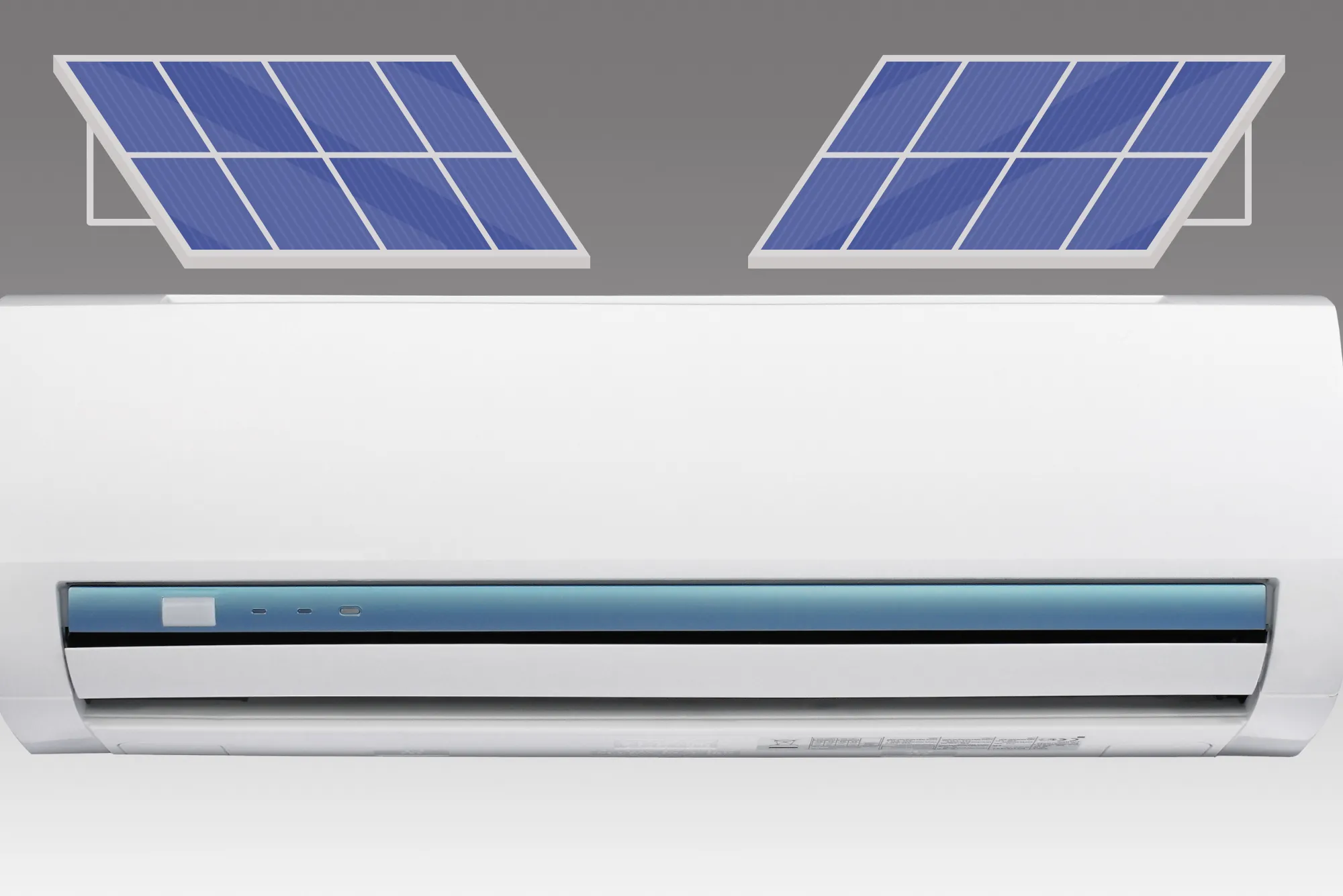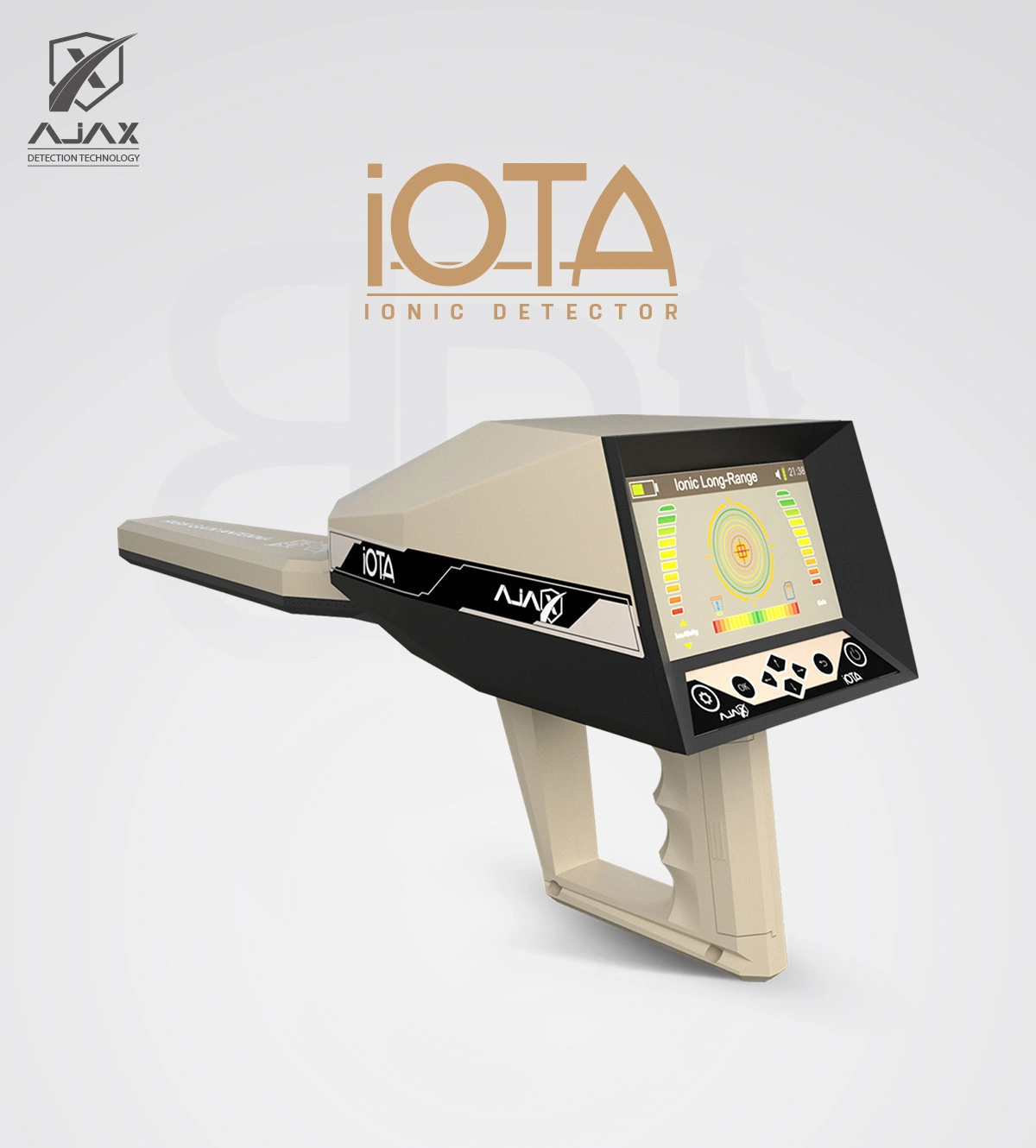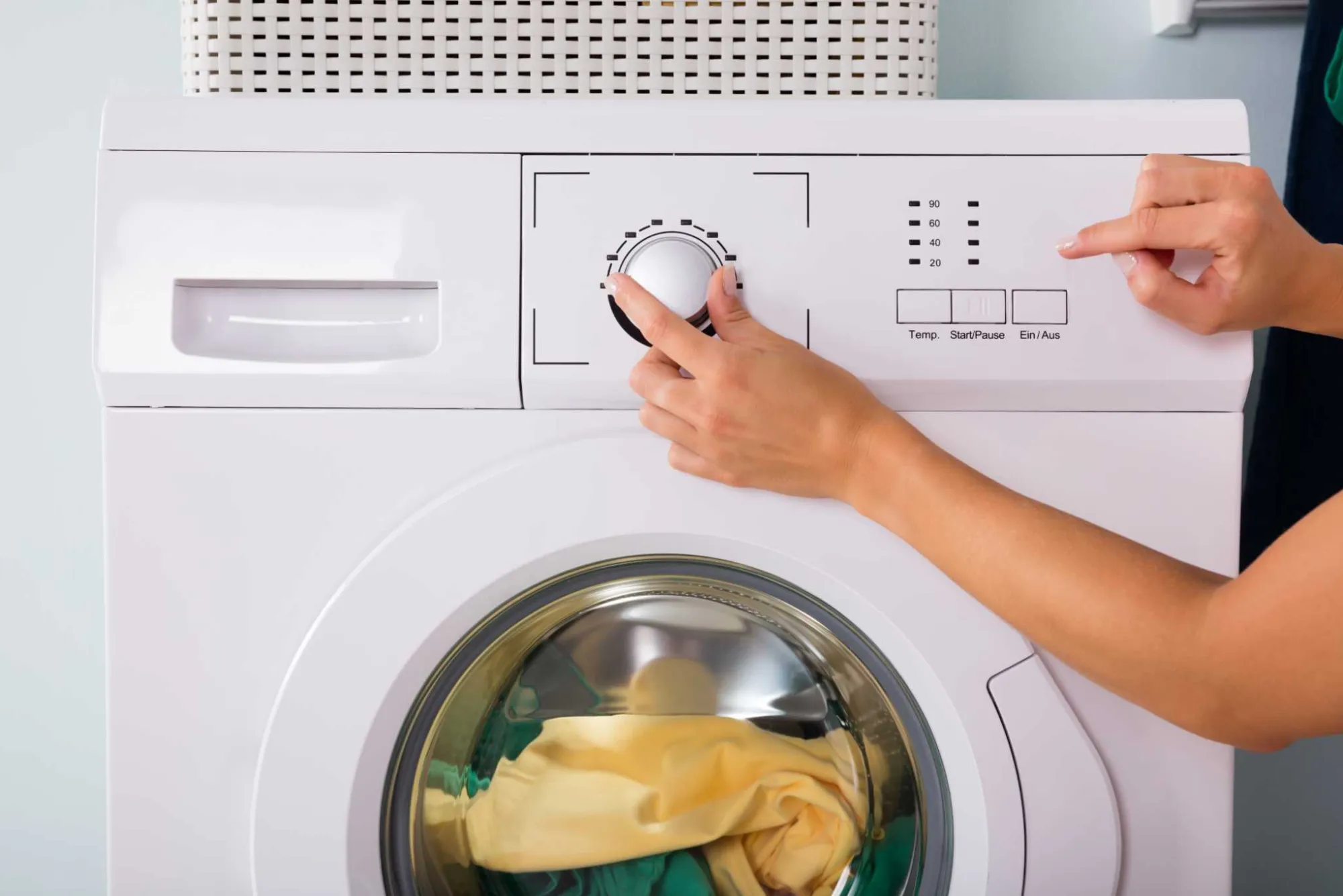With rising energy costs and increasing environmental concerns, many homeowners and businesses are exploring renewable energy solutions. One common question is whether air conditioners can run on solar power. The short answer is yes, but the feasibility depends on several factors, including the type of AC system, solar panel capacity, and energy efficiency.
How Solar-Powered Air Conditioning Works
Running an air conditioner on solar power involves generating electricity through photovoltaic (PV) panels, which convert sunlight into usable energy. The electricity is then stored in batteries or directly used to power the AC unit. There are two primary ways to integrate solar energy with air conditioning:
- On-Grid Systems: These systems use solar panels to generate electricity while remaining connected to the main power grid. If solar energy production is insufficient, the grid supplies additional power.
- Off-Grid Systems: These setups rely entirely on solar panels and battery storage, making them ideal for remote areas or locations with unreliable electricity supply.
Choosing the right system requires careful planning, including an assessment of energy consumption, panel efficiency, and battery storage capacity.
Types of Air Conditioners That Can Run on Solar Power
Not all air conditioning systems are equally suited for solar power integration. Here are some of the best options:
Split and Inverter ACs
Split and inverter AC units are among the most energy-efficient options for solar-powered cooling. Inverter technology adjusts the compressor speed based on cooling demand, reducing electricity consumption. This makes them highly compatible with solar energy, as they require less power compared to traditional units.
Ducted Air Conditioning Systems
Ducted air conditioning provides a centralized cooling solution, making it a preferred choice for large homes and commercial buildings. When paired with a high-capacity solar power system, ducted ACs can offer seamless cooling with reduced dependency on grid electricity. For those looking for a reliable ducted AC supplier, choosing a professional provider ensures quality installation and optimized energy efficiency.
Solar-Powered ACs
Some air conditioning models are designed specifically for solar operation. These units integrate DC-powered compressors, which can function directly from solar panels without requiring an inverter. While these systems are still gaining popularity, they offer a promising solution for off-grid cooling needs.
Cost Considerations for Running an AC on Solar Power
The initial investment in solar power can be significant, but long-term savings on electricity bills make it a worthwhile investment. Key cost factors include:
- Solar Panel Installation: The number of panels required depends on the AC unit’s energy consumption and daily usage.
- Battery Storage: For uninterrupted cooling, batteries store excess solar energy for use during nighttime or cloudy days.
- Maintenance and Upkeep: Regular servicing ensures efficiency and longevity of both solar panels and air conditioning units.
While the upfront cost is higher, reduced energy bills and potential government incentives can make solar-powered air conditioning an economically viable solution.
Energy Efficiency and Environmental Benefits
Switching to solar-powered AC not only lowers electricity costs but also reduces carbon emissions. Traditional air conditioning relies on fossil fuel-generated electricity, contributing to environmental pollution. By using solar energy, homeowners and businesses can significantly decrease their carbon footprint.
Additionally, high-efficiency air conditioning units, such as those supplied by a trusted AC supplier, further optimize energy consumption, making solar integration even more effective.
Tips for Choosing the Right AC Supplier for Solar Integration
Selecting an experienced AC supplier is crucial for ensuring compatibility between solar power systems and air conditioning units. A professional supplier provides expert guidance, high-quality products, and after-sales support, ensuring long-term reliability.
When choosing a supplier, consider factors such as:
- Experience with solar-compatible ACs
- Availability of inverter and energy-efficient models
- Installation and maintenance services
Partnering with a reputable ducted AC supplier also ensures access to customized cooling solutions for large spaces.
For businesses seeking expert guidance on AC installation and solar integration, Clock.ae offers professional services tailored to diverse energy needs. Investing in the right AC solution can lead to significant energy savings and environmental benefits.
Conclusion
Running an AC on solar power is not only possible but also a sustainable and cost-effective solution. By choosing the right air conditioning system, optimizing solar panel capacity, and working with a trusted AC supplier, homeowners and businesses can achieve energy-efficient cooling while reducing electricity expenses. With advancements in solar technology, integrating air conditioning with renewable energy is becoming an increasingly practical choice for long-term sustainability.




